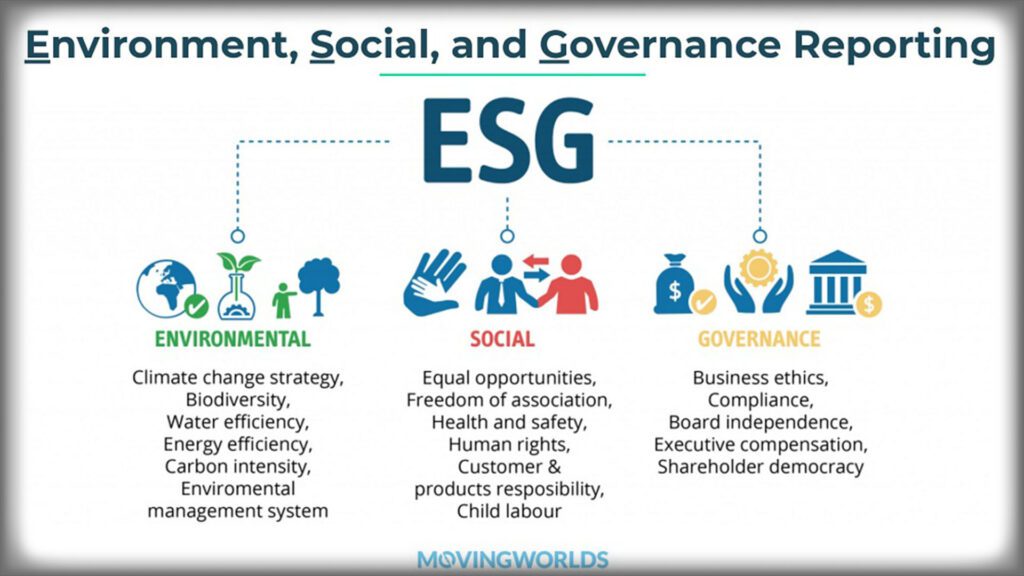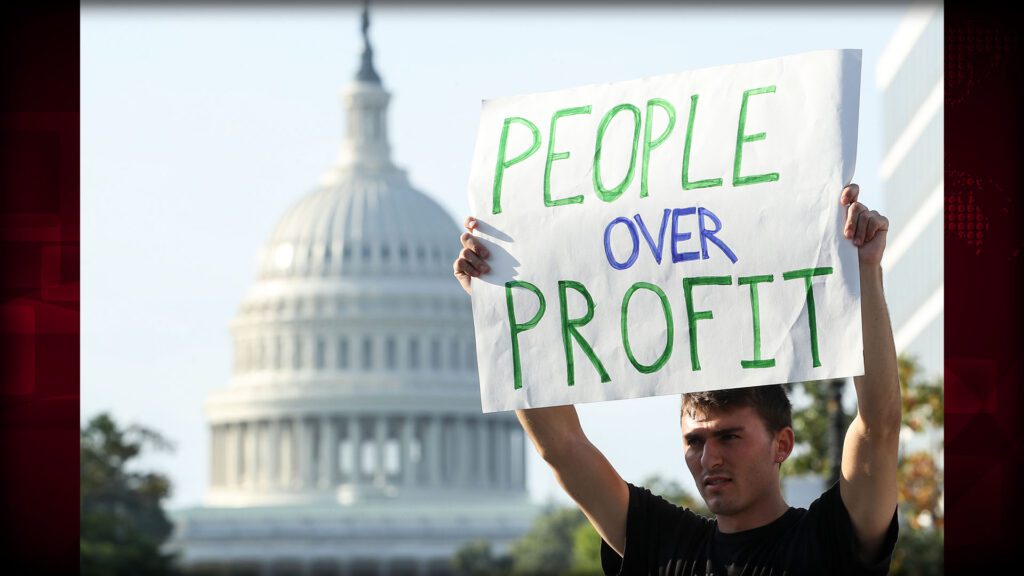The recent veto by President Joe Biden of a congressional resolution to ban Environmental, Social, and Governance (ESG) investing has sparked outrage in two Appalachian states: Kentucky and West Virginia.
The anti ESG resolution was passed by Congress with bipartisan support, but the President chose to veto it, citing that it would “undermine the ability of working families to save for retirement.”
Yahoo News reports, since Biden’s veto, both states have moved quickly to protect their pension systems from the potential risks posed by ESG investing. In a joint statement released earlier this month, 16 Republican governors expressed their opposition to Biden’s veto and urged state legislatures to take action.


Environmental, Social, and Governance (ESG) investing is an investment strategy that takes into account environmental, social, and corporate governance factors when making investment decisions. It is based on the idea that companies with strong ESG policies are more likely to be successful in the long-term than those without such policies. This type of investing has become increasingly popular in recent years as investors seek out investments that align with their values.


The main concern for both states is that ESG investing could lead to higher costs for pension funds due to increased risk. Additionally, there are worries about potential conflicts of interest between fund managers who may be incentivized to invest in certain companies or industries based on their own personal beliefs rather than what is best for the fund itself. By taking action now, both states hope to protect their pension funds from any potential risks associated with ESG investing.
Both Kentucky and West Virginia have introduced legislation that would prohibit public pension funds from engaging in any form of ESG investing unless it can be demonstrated that such investments will not increase costs or create conflicts of interest. Additionally, both states are requiring public pension funds to disclose any investments made using ESG criteria so that they can be monitored closely by state regulators.
While these measures may seem like a setback for those looking to invest using ESG criteria, it does not necessarily mean that all forms of ESG investing are prohibited in these two states. It simply means that investors must ensure they understand the risks associated with such investments before deciding whether or not they are right for them. Additionally, investors should make sure they understand how their investments will be monitored by state regulators before committing any money.
Ultimately, while Biden’s veto has sparked outrage among some politicians in Kentucky and West Virginia, it remains unclear what impact this will have on investors looking to use ESG criteria when making investment decisions. However, it is clear that both states are taking steps to ensure their pension funds remain protected from any potential risks associated with such investments.
Let’s continue this conversation, in the comments below.



